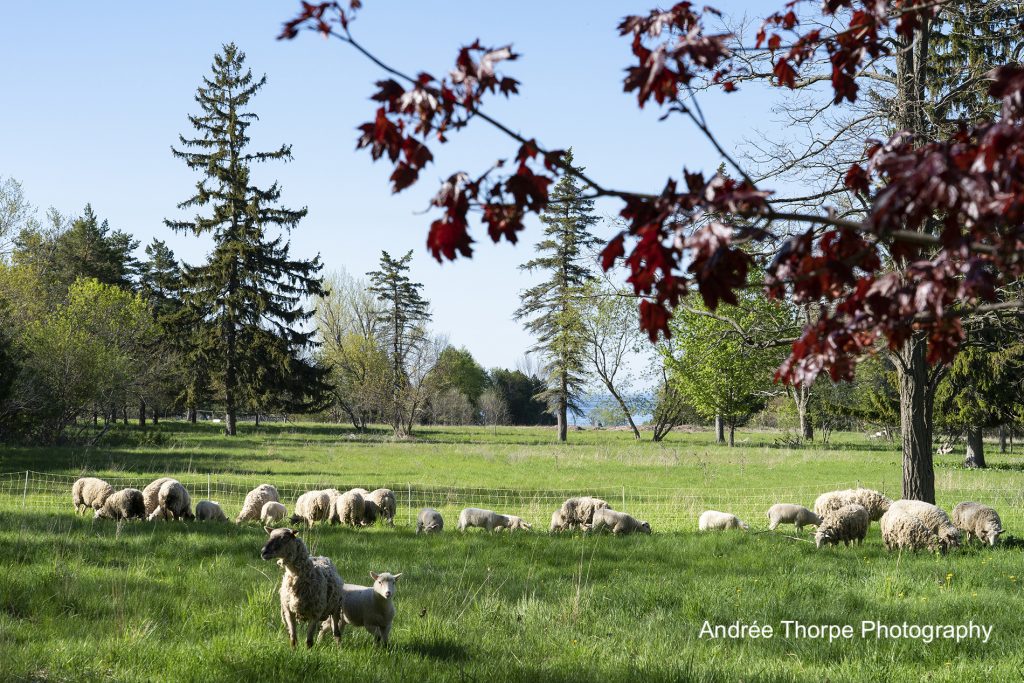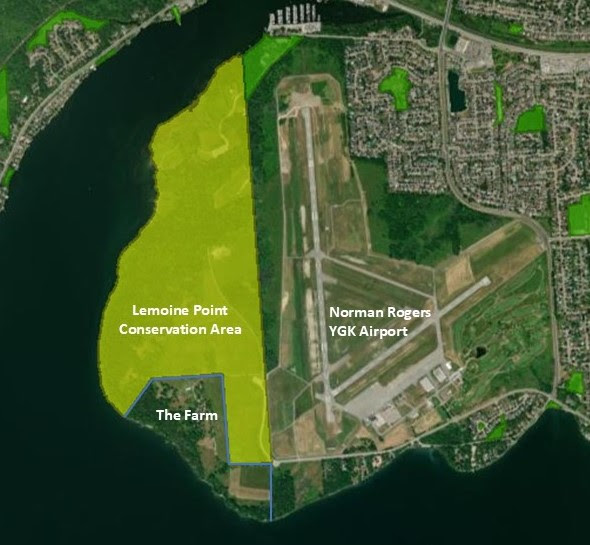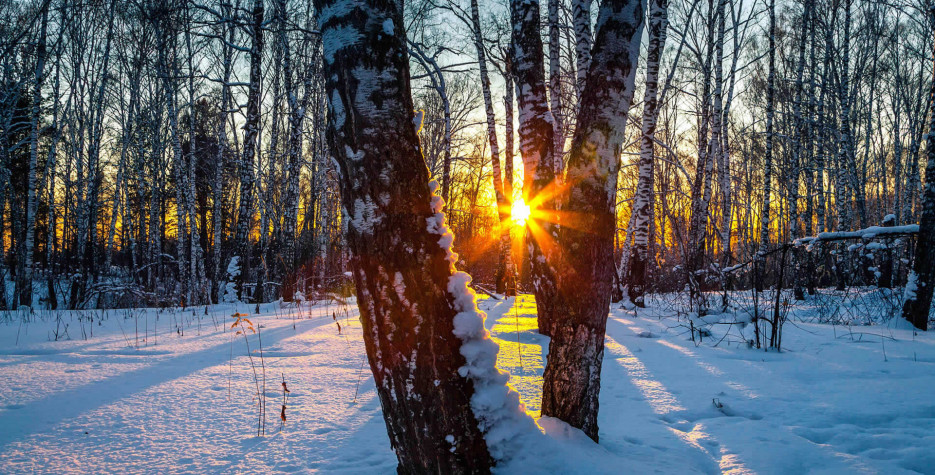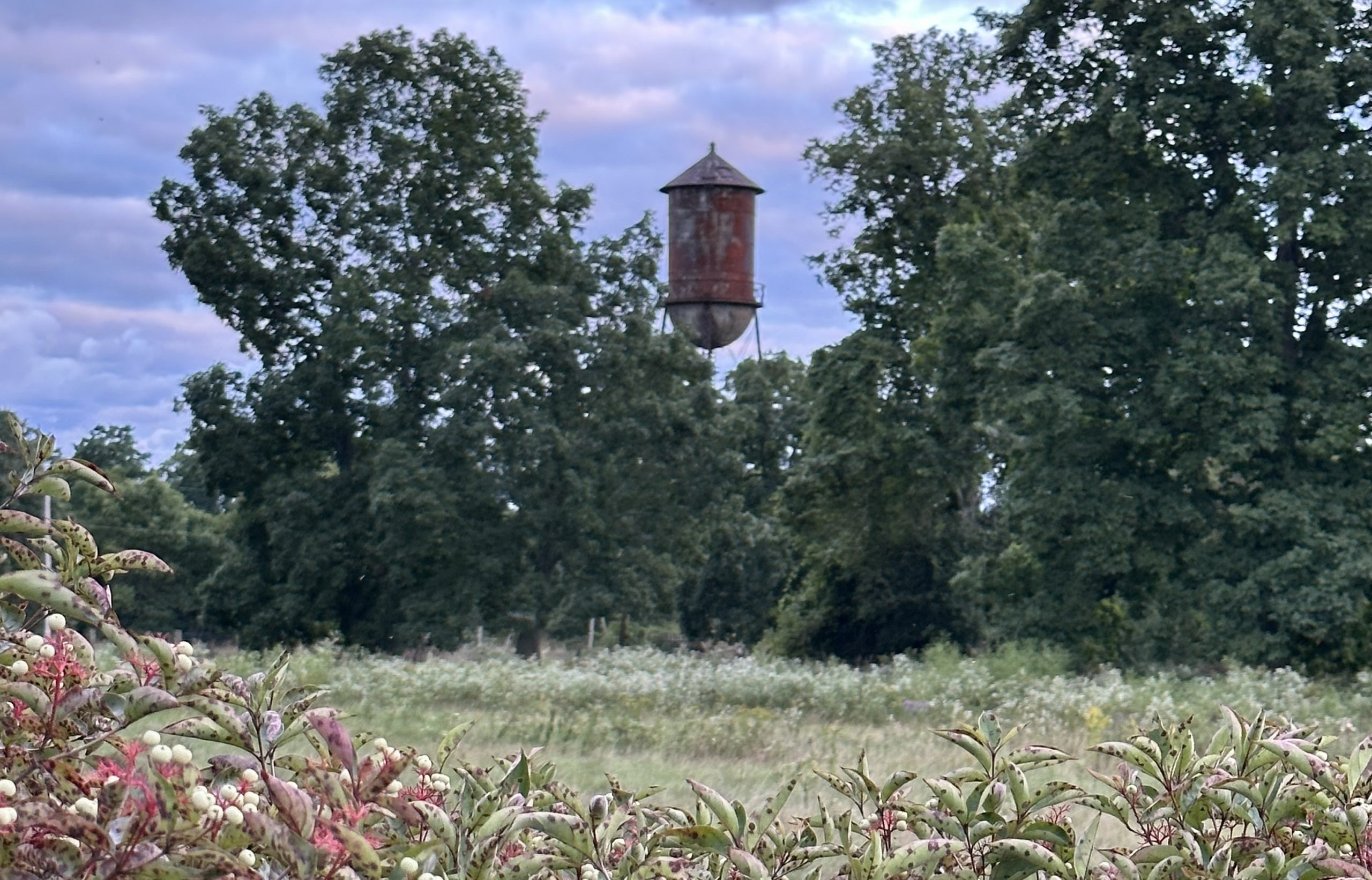
Read on to find out about:
- what was said at our first webinar — Sustainable Food Production; New Perspectives / Indigenous Perspectives
- groups’ answers to our survey questions
- the upcoming Jane’s Walk on the path next to the Farm — Sunday, May 7 at 3:30 pm
Notes from the webinar: “Sustainable Food Production: New Perspectives/Indigenous Perspectives
Thank you to everyone who joined out webinar on March 28, 2023 with moderator, Aric McBay, and presenters, Maureen Buchanan, Ayla Fenton, and Kaitlyn Patterson. It was a thought-provoking event with excellent presentations and great questions from attendees.
We did not record it. Here are notes on what was said.
The speakers at this webinar challenged us to think differently about our relationship to the land.
Ayla Fenton began her presentation setting out some false assumptions:
- that land conservation means removing people from the land, and
- that human activity is intrinsically destructive and exploitive.
She said these ideologies are rooted in colonialism and capitalism and that we need to re-conceptualize conservation. She referenced the National Geographic definition of “conservation” – “the act of conserving Earth’s natural resources for current and future generations.”
When agriculture is seen as the domination of nature, plants and animals are separated instead of being treated holistically.
Agroecology
Ayla introduced the term “agroecology”, noting that it is not about growing organic foods. It is about “changing our relationship with the land and with each other.” Agroecology values ancestral knowledge and the sharing of knowledge in the community; production is based on ecological principles. A self-governance approach means collective rights and shared access to the commons. Agroecology promotes food sovereignty. “Agroecology is political and requires a power shift.
“ It’s not the cow, it’s the how!
Using a dramatic slide of a cow grazing and the title “It’s not the cow, it’s the how”, Ayla spoke about rotational grazing and the benefits of having cattle move from area to area only after they have eaten a variety of plants, not only the choice grasses that they like best. When livestock are rotated through one small area at a time, they defoliate plants evenly and infrequently, providing long recovery periods for regrowth. This supports strong root systems, increases plant and insect biodiversity, reduces soil erosion, and leads to large amounts of carbon being sequestered back into the soil.
Helping farm at the Lemoine Point Farm for over a decade, Ayla saw how using this approach for cows, sheep, goats, and hens produced positive results. She advised to choose the right species for the job – goats, for instance, enjoy eating invasive Garlic Mustard and European Buckthorn.
First, a land acknowledgement.
Maureen Buchanan and Kaitlyn Patterson began their presentation with a land acknowledgement speaking of the First Peoples of this area – the Huron-Wendat, the Anishnabeg, and Haudenosaunee, and the many Indigenous people who now live in the city and surroundings. A decolonial perspective is that humanity is in a kin relationship with the ecosystem – that the land is a beloved relative, including the soil, plants, micro-organisms, the animals, birds – these are all our relations.
The land has been terribly impacted by colonization, including the removal of vast forests.
Although colonization has negatively impacted language and cultural transmission, the urban community has acted communally at times to embody a relationship with the land.
A variety of examples of how this has occurred were discussed including water walks, sacred fires, an encampment and finally, the stewardship of Belle Island. Maureen showed a photograph of Belle Island, before the wetland between the island and the mainland became a landfill for city waste. The Island is a sacred space for the Indigenous community with ancestors buried there.
Belle Island is an urban dense forest which is now co-managed by the Mohawk Council of Chiefs and the City of Kingston. The Belle Island Caretakers Circle is a collectivity of Indigenous community members and allies who actively care for the ecosystem at Belle island. Maureen said that the “protection of the ecosystem [on the Island] is not separate from the protection of the remains there.”
Relationships to the land
An Indigenous approach to foraging is to :
- take only what is needed.
- leave something for the next person, and
- leave the place clean.
Maureen introduced us to several Ojibway words
- nibi – water – water is life
- aankobijigan – ancestors and great grandchildren – 7 generations
- mitigwaaki – forest
- gitigan – garden.
Land is not a commodity
Maureen and Kaitlyn then spoke about the dilemma for Indigenous people who have a different, non-colonial view of the land. They do not see land as a commodity or have a concept of land ownership. What, then, is the pathway to create spaces in the city for urban Indigenous people which they can hold in perpetuity?
The Indigenous Food Sovereignty Garden on Highway 15
The United Church owns land next to Highway 15 and has invited Indigenous people living in Kingston to care for it. The Indigenous Food Sovereignty Garden is growing food, native plants, and traditional medicines and has planted a little forest there. Everyone is invited to help with the work and to explore the connection between people, plants, animals, and the land.
All Our Relations Land Trust
Maureen, Kaitlyn, and Sheldon Travis are the co-founders of the All Our Relations Land Trust. The land trust will own land to conserve it and to have for celebrating Indigenous cultural practices. They acknowledge that this is not a “morally perfect solution to protecting land”, although it seems to be the only way within the capitalist, colonial system to provide urban Indigenous people with space on the land. They say it would be “amazing” were the United Church to gift the land to the land trust. The land trust’s next step is receiving charitable status from the Canada Revenue Agency.
A flourishing garden
Kaitlyn closed their presentation with a reflection on how she feels when working at the Garden. “I come to the Garden and imagine the Garden flourishing. It is beautiful and filled with love for all our relations.”
Questions from the audience
Moderator Aric McBay then opened the meeting for questions. He started things off by asking the three panelists about their hopes for Lemoine Point Farm.
Maureen hopes that there will be a “robust” values-based community discussion about what would be best, including meaningful consultations with urban Indigenous people. She noted that long before settlers came, the Farm lands were used by Indigenous people as a place to live, raise children, and exchange goods.
Ayla would like the Farm to continue to be a working farm, incorporated into food systems which recognize the rich diversity of the Farm now, after years of regenerative farming.
Kaitlyn wants to be sure that Indigenous people who have been leading environmental stewardship work are included in discussions before decisions are made.
Asked about learning opportunities related to the Farm, Ayla reminded everyone that the area was named after Capitan William Lemoine and that a new name should be considered as part of a cultural shift relating to the site and access to it.
Maureen spoke about “two-eyed seeing”, combining Indigenous knowledge with science. She regrets that people have become estranged from the land – our relations – and that community activities and practices could help people re-connect. She wondered how the environment got separated from biodiversity. She added that it is really important for Indigenous people to have outdoor places for ceremony.
There were some questions about the Farm and its current ownership, and the potential to protect it from development.
- The Farm is currently under the control of the trustees of Mary Fraser’s estate. They have a duty to manage it according to the terms of her will until it is passed on to her heirs or sold.
- The property has buildings that could be designated as heritage buildings.
- Members of the Save Lemoine Farm group have met with City staff and councillors, and it seems that the City has an interest in acquiring the Farm.
- Were the City to buy the property, attendees at the webinar expressed concern that it could be subdivided with some of the land being sold by the City for development. They would like to see it preserved as a whole.
As a final question, Aric asked what panelists saw as the biggest challenge to have their vision for a better world become reality.
Ayla said “bureaucracy”. Kaitlyn said “colonialism”. Maureen said “our minds are the problem”, that “separation from our kin is incredibly damaging”, and that we have to dismantle the colonial culture that is damaging our ecosystems. Although feeling “deep sadness”, she is acting with “deep determination” and “hope”.
Maureen and Kaitlyn invited people to visit the Garden on Highway 15 with open hearts. Kaitlyn said, weather permitting, she will be there on Mondays and Thursdays from now on.
Resources noted in the “Chat”:
https://www.routledge.com/Sacred-Civics-Building-Seven-Generation-Cities/Engle-Agyeman-Chung-Tiam-Fook/p/book/9781032059112#sup https://www.nfu.ca/wp-content/uploads/2018/05/Agroecology-booklet-eng-final.pdf
Speaker bios:
Maureen Buchanan is a member of the urban Indigenous community of Kingston and a member of Batchewana First Nation. She is a founding director of the All Our Relations Land Trust, a local Indigenous land trust. Her work on the Indigenous Food Sovereignty Garden, Highway 15, gives her the opportunity to promote Indigenous language learning, grow food, and care for the land.
Ayla Fenton is a first-generation farmer and community organizer. Since 2013, she has been working on local organic farms in eastern Ontario, learning regenerative production methods for vegetables, livestock, cereal grains, and dairy. She has been organizing young farmers and farmworkers nationally and internationally, advocating for the transition to agroecology, food sovereignty and climate justice, through the National Farmers Union and La Via Campesina. She is the Food Systems Manager at Loving Spoonful.
Kaitlyn Patterson is a mixed-ancestry Algonquin Anishinaabekwe; her Algonquin ancestors are from Mattawa. She is a post-doctoral fellow at the University of Waterloo and a registered dietitian. Her community-based research focuses on Indigenous food sovereignty practices in urban settings. She is also a founding director of the All Our Relations Land Trust and works at the Indigenous Sovereignty Garden as well.
Moderator bio:
Aric McBay is an organizer, an organic farmer, and author of seven books. His latest book is the novel Kraken Calling, a story of activists in a future wracked by climate change. He farms at Root Radical CSA on Howe Island, near Kingston.
Report on our Survey of Groups
Sixteen groups responded to our December 2022 survey which asked for their vision of the Farm’s future. We summarized what we heard back on the Save Lemoine Point Farm website here.
Join a Jane’s Walk
“Lemoine Point Farm from the other side of the fence!” Mark the date — The Jane’s Walk will be on Sunday, May 7th at 3:30. Rain or shine. Meet at the south end of the Lemoine Point Conservation area — the airport end. Find out more about the Jane’s Walk here.
The walk is free and no registration is needed.
Best wishes to all,
The Save Lemoine Point Farm Group


